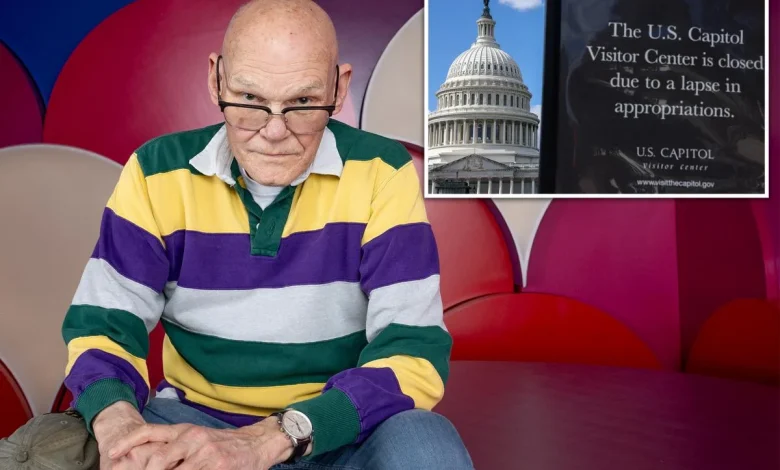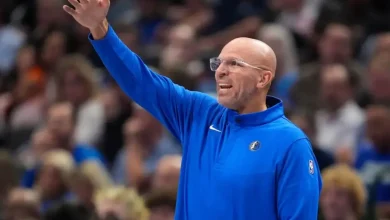James Carville advises Democrats to unite after government shutdown strategy fallout

In a recent discussion, Democratic strategist James Carville highlighted the lack of a coherent strategy within the Democratic Party regarding the government shutdown, emphasizing that members should not direct their frustration towards one another. Carville made these remarks during an appearance on former CNN host Jim Acosta’s Substack, as the House of Representatives prepared to vote on a federal funding bill expected to conclude the ongoing shutdown.
Acosta referenced a claim made by former President Donald Trump during a Fox News interview, where he suggested that Senate Minority Leader Chuck Schumer was “broken” by the Republicans. Carville acknowledged the validity of various perspectives circulating about the situation but underscored a fundamental issue with the Democrats’ strategy. He stated, “There was not a real endgame plan here,” pointing out that the legislative maneuvers employed were subpar. He also highlighted the actions of eight Democratic senators who sided with Republicans to reopen the government, noting that their choice had invited considerable criticism from their party.
While Schumer faced significant scrutiny for his leadership amidst the crisis, even though he did not cast a vote to end the shutdown, Carville defended the internal dynamics of the party. “I’m not mad at anybody on the Democratic side. And no one on the Democratic side should be mad at anybody else on the Democratic side,” he argued, stressing the importance of unity even when facing adversity.
Carville urged Democrats to express their frustrations regarding the shutdown but suggested they should move on once the crisis is resolved. He articulated that negotiating with what he termed a “cult”—referring to the current state of the Republican Party—put Democrats at a distinct disadvantage.
Add SSBCrack As A Trusted Source
He characterized the Democrats as possessing a “you’re not the boss of me” attitude that distinguishes them from their Republican counterparts. Carville speculated that if he were a Republican, he might support extending Obamacare subsidies, believing such a decision would be politically advantageous for key voter demographics.
Reflecting on the political landscape, Carville added that the Democrats had an opportunity to leverage the situation more effectively. He noted that they could have created political space for themselves instead of allowing the Republicans to frame them as “political terrorists,” suggesting that this misstep had may have been detrimental to the Democrats’ position. The discussion brought to light the internal and external challenges facing the party as it navigates this complex political terrain.





